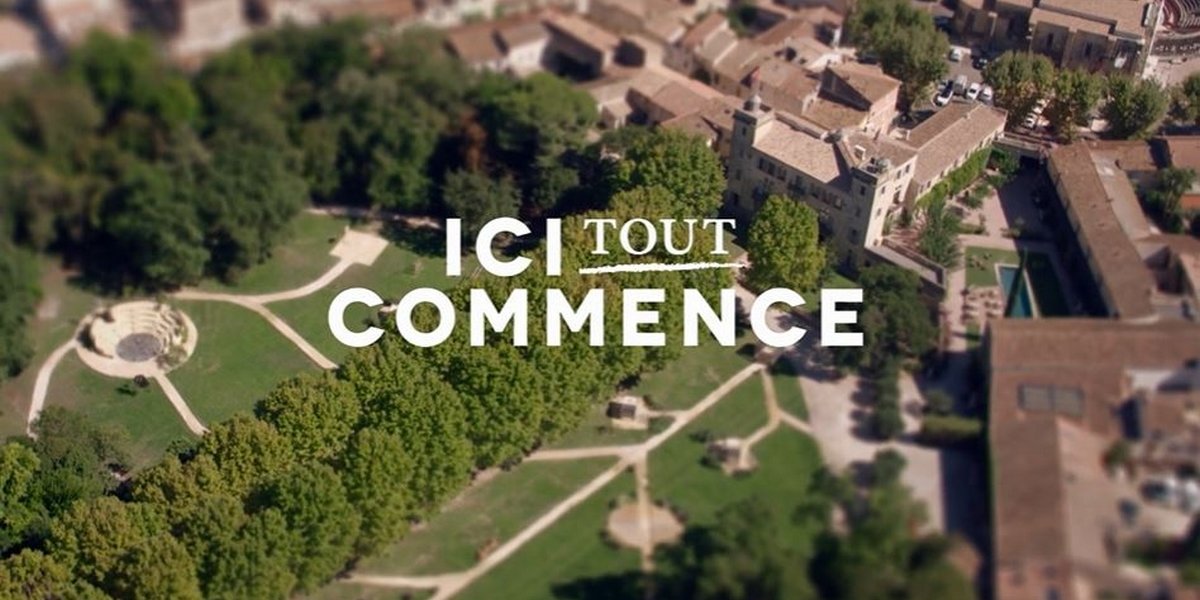In this time of inflation, many people are tightening their belts. In addition to soaring prices, scams are multiplying in France, forcing the French to check their bank account very regularly.
In addition to purchases that have been debited correctly, it is suspicious direct debits that attract the attention of victims. The Banque de France published 13 measures on May 16 to help you see more clearly in the face of bank direct debits which are the new source of an expensive scam. These unauthorized direct debits highlight the shortcomings of the SEPA European credit transfers and direct debits system.
As noted by the specialized site Signal Arnaques, the customers of several French banks are expressing their surprise and above all their dissatisfaction with the discovery of unauthorized European (SEPA) direct debits. These operations, which amount to several hundred euros in the name of alleged maintenance work, are the subject of concern for many victims.
This wave of scams can be explained on behalf of scammers who managed to get their hands on an IBAN in order to ask the banks to make direct debits in the names of fictitious companies, without the consent of the customers. Following the discovery of this new fraud process, many customer victims testify: “I was scammed out of 650 euros by the company ENS” or another customer who suffered “two fraudulent direct debits in the same day by ENS” .
These famous SEPA direct debits, even if they have existed for many years, are becoming a real scourge for many banks. After seeing the light of day in 2014, this new standard for European direct debits and transfers sees its responsibility no longer depending on the banks, contrary to what one might think. From now on, only the creditor has the direct debit mandate, as the Banque de France explains for RTL: “Since the transition to European SEPA direct debit, only the creditor holds the mandates signed by its customers, and the banks cannot control this. (neither the creditor’s bank nor that of the payer)”. In other words, it is therefore sufficient for criminals to obtain the IBAN of a customer and to transmit a false direct debit mandate which the bank unfortunately cannot control.
Unknown to customers, there is a method of protection against these risks of doubtful debits. Indeed, customers can obtain from their bank of record a blacklist of creditors prohibited from debiting their account. Conversely, a whitelist can also be made available. This details the creditors authorized to debit. This system has, despite its benefits, a disadvantage, since this list must be updated often, according to the addition of new creditors. Nevertheless, this method remains plausible and effective in order to combat the risk of fraud.
Finally, if you are affected by these unauthorized direct debits, these must be reimbursed by the banks, which must also provide proof of authorization. In addition, these fraudulent transactions are subject to an eight-week delay in the context of a cancellation request. The best advice to protect yourself from this is to check your account very frequently, with the aim of detecting any suspicious movements.















